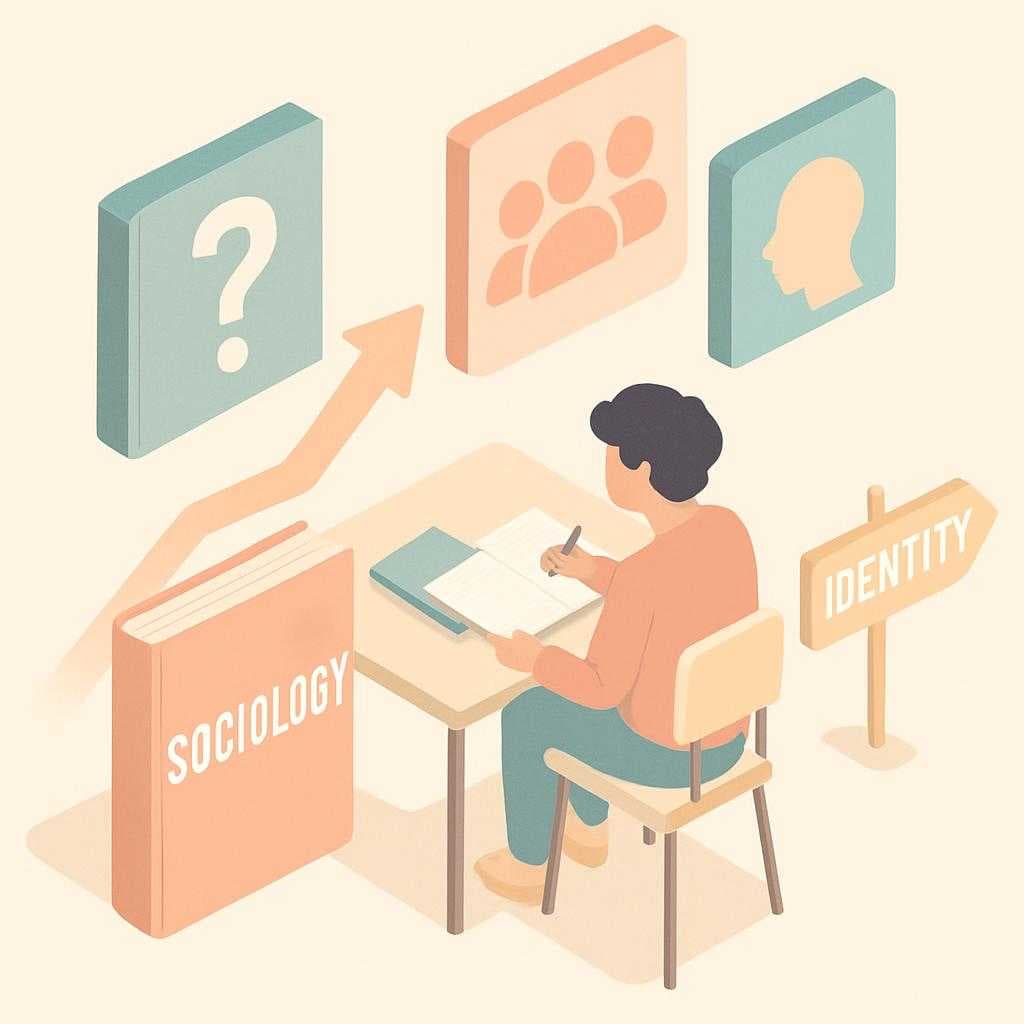Navigating GCSE Sociology: Understanding the Role of Socialization in Shaping Identity
Summary
Discover how socialization influences individual identity in GCSE Sociology. This post explores key concepts, exam tips, and insights tailored to the UK's AQA and Edexcel exam boards, helping students excel in their studies.
Understanding the role of socialization in shaping individual identity is a fundamental aspect of GCSE Sociology. As students prepare for exams set by boards like AQA and Edexcel, grasping this concept is crucial for success. This blog post will explore the importance of socialization, offer study tips, and provide insights into exam expectations.
What is Socialization?
Socialization is the process through which individuals learn and internalize the norms, values, and behaviors necessary for functioning in society. It begins at birth and continues throughout life, influencing our identity, beliefs, and interactions. Key agents of socialization include family, education, peers, media, and religion.
Socialization and Identity
In GCSE Sociology, understanding how socialization shapes identity is vital. Identity is not static; it's an evolving concept influenced by various social factors. For instance, family imparts initial beliefs and values, while education introduces broader societal norms. Peers and media further shape perceptions, often impacting choices and self-image.
Exam Board Expectations
Both AQA and Edexcel expect students to demonstrate a comprehensive understanding of socialization and its impact on identity. Questions may require analysis of how different agents contribute to identity formation or evaluation of theories related to socialization. Familiarity with key sociologists, such as George Herbert Mead and Charles Cooley, and their theories on self and identity, is beneficial.
Study Tips for Success
-
Understand Key Concepts: Ensure clarity on terms like norms, values, roles, and identity. Use glossaries and textbooks aligned with your exam board.
-
Analyze Case Studies: Examine how real-life examples illustrate socialization processes. This aids in applying theoretical knowledge to practical scenarios.
-
Practice Past Papers: Familiarize yourself with question formats and mark schemes specific to AQA or Edexcel. This enhances exam readiness and boosts confidence.
-
Engage in Discussions: Participate in study groups to explore different perspectives on socialization. This broadens understanding and aids in retaining information.
-
Seek Feedback: Regularly consult teachers for feedback on practice essays and answers. This helps in refining analytical and evaluative skills.
Conclusion
Mastering the concept of socialization in GCSE Sociology is key to excelling in exams. By understanding how socialization shapes identity and preparing effectively, students can confidently tackle questions from boards like AQA and Edexcel. Embrace these study tips and insights, and unlock your potential in sociology.
